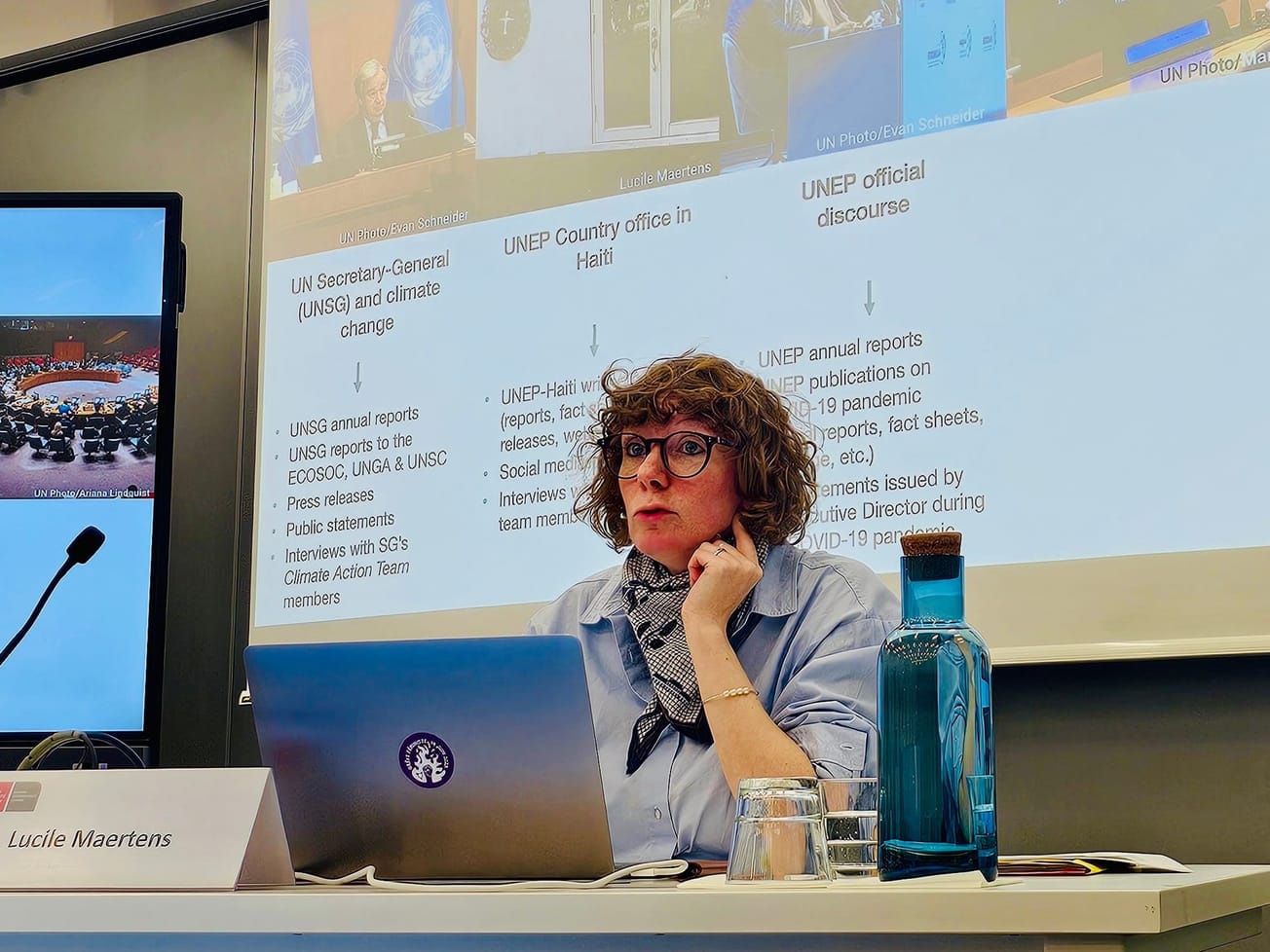GENEVA (AN) — The COVID-19 pandemic showed the tough choices many international organizations face between overlapping and contrasting agendas – and the challenge of keeping an issue in the public eye.
That's one of the conclusions drawn from a study of Switzerland's experience as a member of the 15-nation U.N. Security Council from the start of 2022 through the end of 2024.









